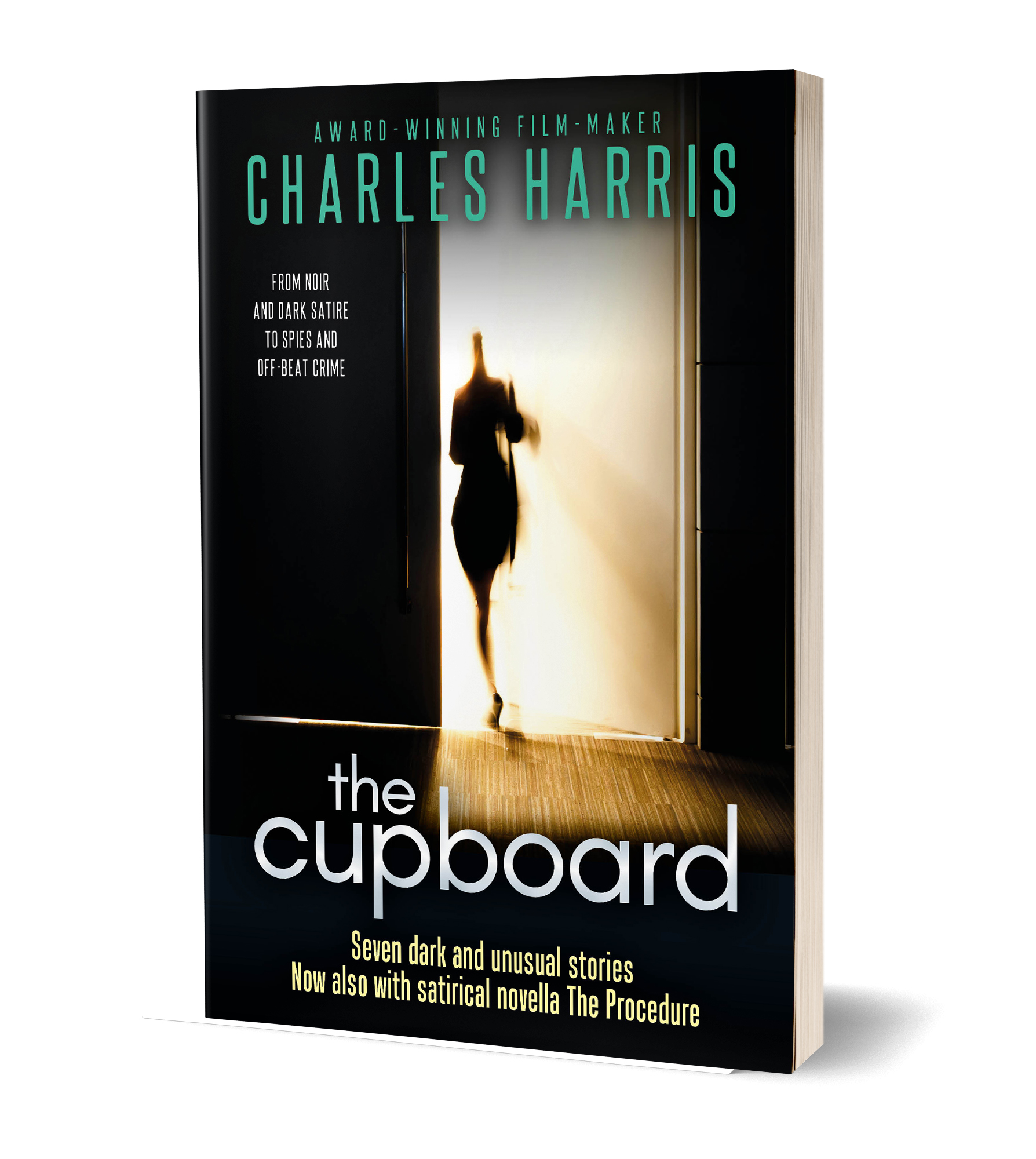Avoid the Mistakes Made by Would-be Thriller Screenwriters
22 Thursday Apr 2010
Written by Charles Harris in Genre
Tags
No tags :(
I see an enormous number of scripts by writers who want to write thrillers and good on them. It’s a difficult art, but a very marketable one if you get it right.
And the sad thing is that while many are excellent writers, intelligent and hard-working, almost every single one makes the same mistake. (They often make other mistakes too, but this one stands out partly because it seems such a no-brainer).
Before I tell you what it is, I need to give you a few more tips about writing in any genre.
First, ignore anyone who tells you thatgenre isn’t important. It’s vital –and all the great writers and directors have known that since before movies and TV. Shakespeare was expert at using genre, just as all the great dramatic and cinematic artists have been. They all studiedgenre with enormous care.
Second, genre is about three things: emotion (the emotion you create in your audience) – expectation (giving the audience the patterns and motifs they expect from that genre) – and surprise (delivering those patterns and motifs in a surprising and fresh way).
One of the challenges of writing in any genre or genres is knowing what emotions and patterns are expected, and finding unusual ways to deliver them.
So – when writing a thriller, what do you have to do?
Get the genre right.
The script has to set up the genre, develop the motifs and raise the tension level from the very start. Not (despite the scripts I see every week) some time after the fiftieth page once the writer has bored you to tears “setting up” all the things he/she thinks you need to know.
In fact, I have personally put out a contract on every writer who ever tells anyone that a scene is only in the script in order to “set” anything up. You’ve been warned.
I don’t pay my £8-12 (depending on cinema) to be bored while you tell me stuff. Make me scared. And do it in ways that I don’t expect. Easy? No… It has to be studied and learned – that’s what they pay the big bucks for when you get it right.
Anything more? Yes – because the Thriller genre is never just one genre. There is always at least one, often two, other genres in your script, whether you know it or not. And you need to learn about those too – find out the emotions – patterns and motifs that they demand – or your audience will not be pleased.


Tell people what you think